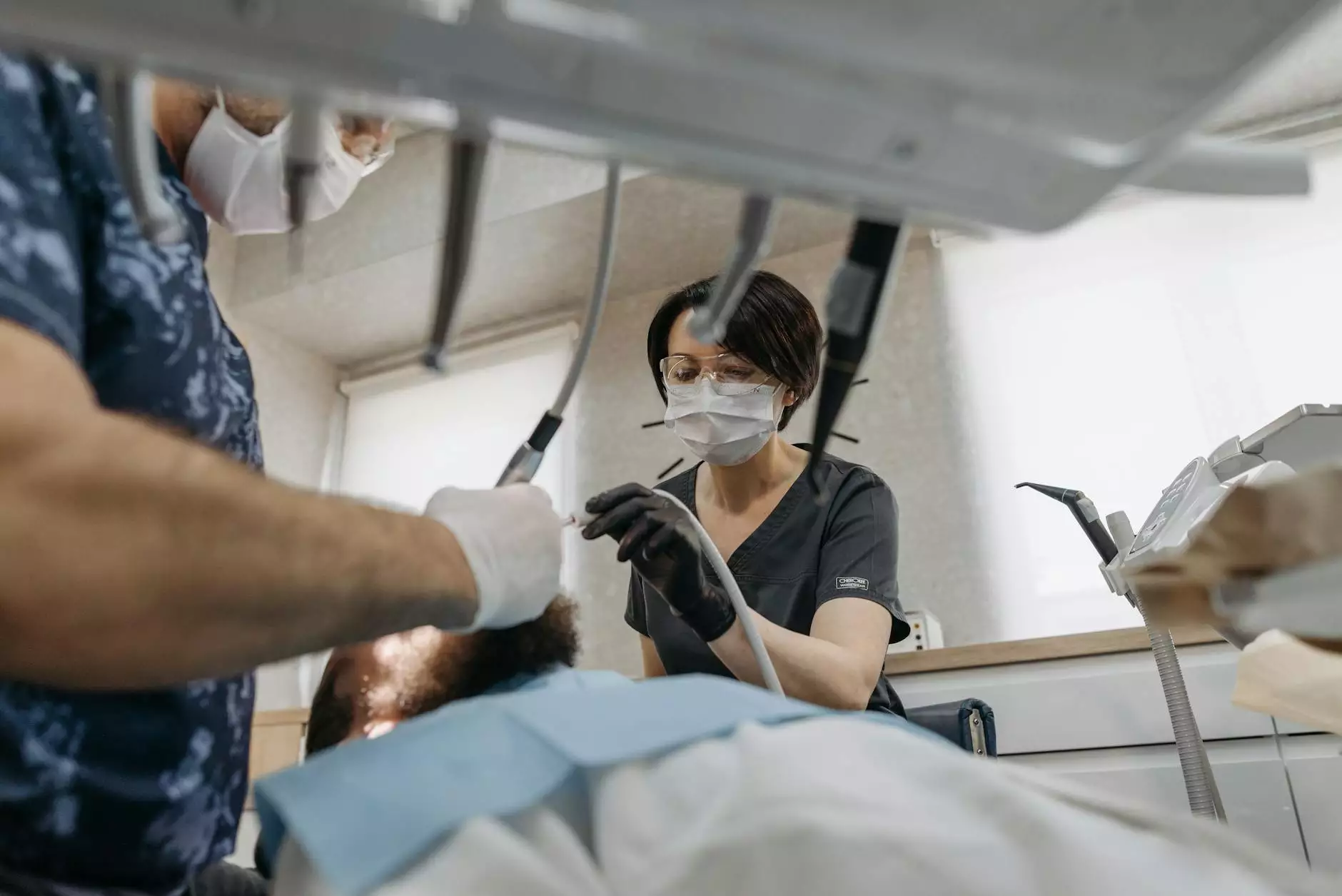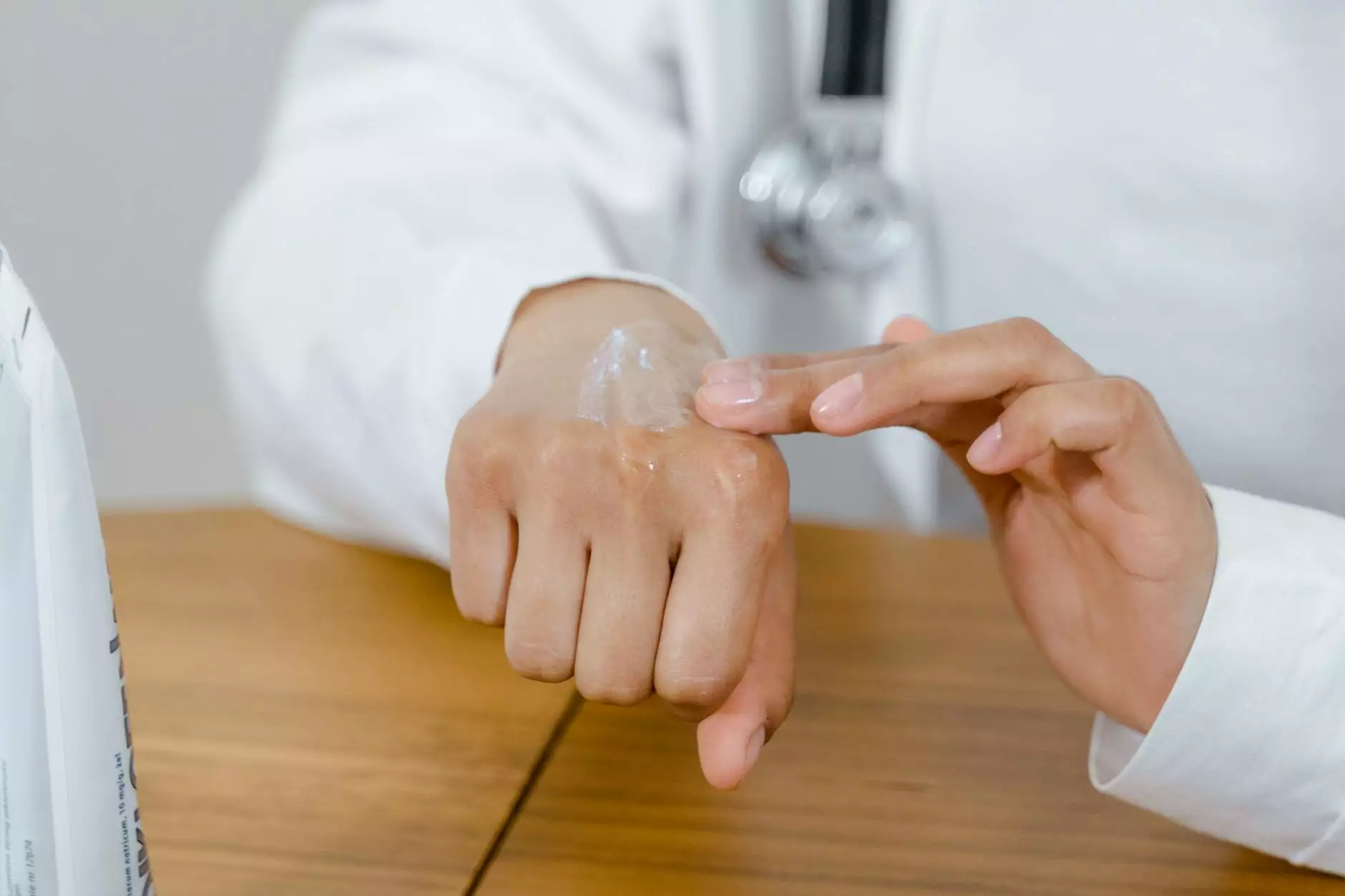Understanding Dental Implants Care: A Comprehensive Guide

Dental implants are a remarkable solution for those suffering from tooth loss. They not only restore functionality but also improve the aesthetic appearance of your smile. However, the journey doesn’t end with the placement of these implants. Proper dental implants care is crucial for ensuring that they last a lifetime. In this guide, we delve into the essentials of maintaining your dental implants at 92 Dental.
What Are Dental Implants?
Dental implants are titanium posts surgically placed into the jawbone to serve as artificial roots for replacement teeth. They provide a sturdy foundation for fixed or removable replacement teeth that are made to match your natural teeth. Understanding how they work is the first step toward appreciating the care they require.
The Components of Dental Implants
Each dental implant consists of three main components:
- The Implant: This is the metal post that is inserted into the jawbone.
- The Abutment: A connector that holds the crown securely in place.
- The Crown: The visible part of the implant, custom-made to match your natural teeth.
Why Dental Implants Care Is Essential
Proper care is essential not just for aesthetic reasons but also for overall oral health. Here’s why:
- Longevity: With the right care, dental implants can last 10-15 years or more.
- Prevention of Complications: Neglecting care can lead to infections, peri-implantitis, and even loss of the implant.
- Preservation of Jawbone Health: Implants stimulate the jawbone, preventing bone loss that occurs with missing teeth.
- Improved Oral Hygiene: Implants can help you maintain a better overall hygiene routine.
Key Practices in Dental Implants Care
Adopting a routine that prioritizes dental implants care is fundamental. Here are critical practices you should follow:
1. Maintain Excellent Oral Hygiene
Just like your natural teeth, dental implants require routine care. Implement the following practices:
- Brush Twice Daily: Use a soft-bristled toothbrush and non-abrasive toothpaste to avoid damaging the implant surface.
- Floss Daily: Flossing around the implant helps to remove food particles and plaque buildup.
- Use an Antimicrobial Mouthwash: This can assist in reducing bacteria in your mouth.
2. Schedule Regular Dental Check-ups
Regular visits to your dentist at 92 Dental are vital. These visits should include:
- Professional Cleanings: Your dentist can remove tartar that brushing at home might miss.
- X-rays: Routine X-rays help monitor the health of the bone structure surrounding the implants.
- Evaluation of Gum Health: Check for signs of gum disease or complications with the implant.
3. Be Mindful of Your Diet
Your diet plays a crucial role in the health and longevity of your dental implants. Consider the following dietary tips:
- Consume Calcium-Rich Foods: Foods like dairy, leafy greens, and almonds strengthen your jawbone.
- Avoid Hard Foods: Foods that are too hard can damage crowns and implants.
- Stay Hydrated: Proper hydration ensures a healthy flow of saliva, which helps keep bacteria at bay.
4. Quit Smoking
Smoking poses significant risks to dental implants:
- Delayed Healing: Smoking can slow down the healing process after dental implant surgery.
- Increased Risk of Failure: Studies show that smoking can lead to a higher rate of implant failure.
- Gum Disease: Smoking greatly increases the likelihood of developing gum disease, which can threaten implant stability.
5. Consider the Use of a Night Guard
If you grind your teeth at night, it's wise to consider a night guard. This can protect your implants and natural teeth from undue stress and wear.
Signs That You Need Professional Help
While practicing diligent dental implants care is essential, it is equally important to be aware of any signs that may indicate a problem. You should consult your dentist if you notice:
- Pain or Discomfort: Mild discomfort is normal after surgery, but persistent pain could be a sign of infection.
- Swelling or Bleeding: Inflamed gums or bleeding around the implant site need immediate attention.
- Loosening of the Implant: If you feel the implant moving or loosening, contact your dentist right away.
Advanced Tips for Optimal Dental Implants Care
Once you've mastered the basics, consider these advanced tips to enhance your dental implants care:
1. Use Interdental Brushes
These brushes are designed to clean hard-to-reach areas between your teeth and around implants. They can be more effective than regular floss in removing plaque.
2. Implement a Water Flosser
Water flossers can be particularly beneficial for those with dental implants. They blast away food particles and plaque, making cleaning faster and easier.
3. Educate Yourself Continuously
The field of dentistry is always advancing. Stay informed about the latest techniques and products designed for dental implants care by reading articles, joining online forums, or consulting with your dentist.
4. Use Fluoride Mouthwash
Using a fluoride mouthwash can help strengthen the surrounding natural teeth and keep decay at bay while also benefitting the gums around your implants.
Conclusion: Commitment to Dental Implants Care
In conclusion, investing in dental implants care is not merely a suggestion, but a necessity for anyone who has undergone the dental implant procedure. By committing to exceptional oral hygiene, routine dental visits, and mindful lifestyle choices, you can ensure that your dental implants serve you effectively for many years to come. Don’t hesitate to visit us at 92 Dental for more personalized advice and care regarding your dental implants. Your smile deserves it!









